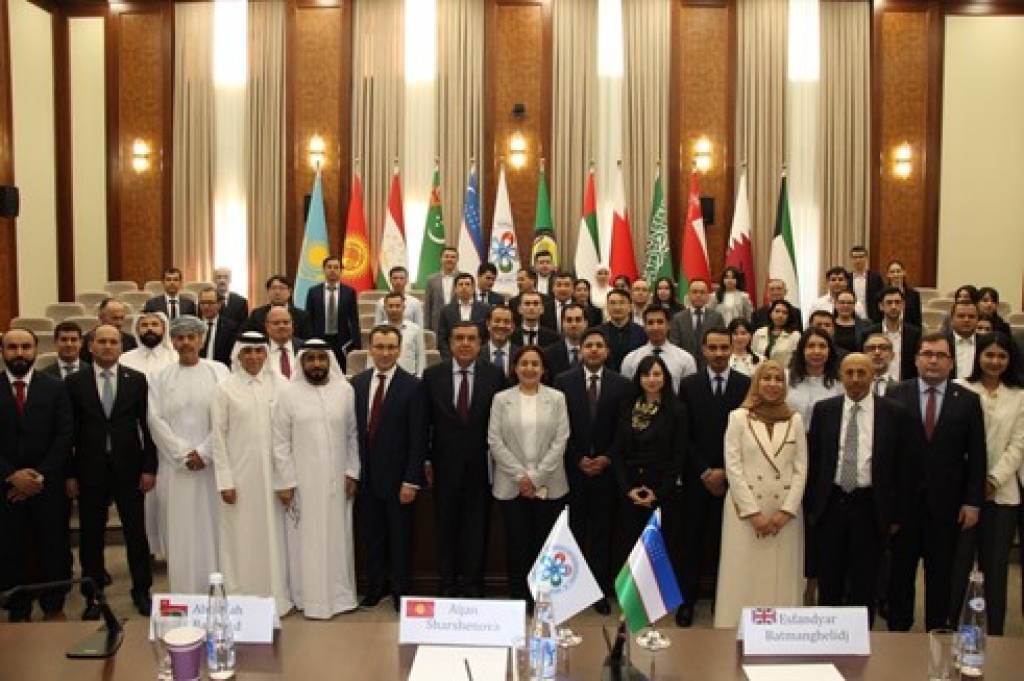
As previously reported, on April 21-22, Tashkent hosted a two-day Central Asia – the Gulf Cooperation Council Think Tank Forum (GCC), organized by the International Institute for Central Asia (IICA) in collaboration with the Bourse & Bazaar Research Foundation.
The second day of the event was devoted to discussing economic connectivity, humanitarian exchanges, and the institutionalization of inter-regional dialogue.
Experts noted the growing trend towards strengthening intra-regional ties, particularly between the GCC countries, Japan, and the Republic of Korea, which creates an additional impetus for industrial rapprochement with Central Asia.
During the session on humanitarian exchange, special attention was paid to the role of academic exchange, youth programs, tourism, and civil society initiatives as tools for building mutual understanding and trust between the peoples of the Persian Gulf and Central Asia. In particular, the prospects for creating joint university programs, holding youth forums and cultural festivals, and supporting non-profit organizations working in interregional humanitarian cooperation were discussed.
The participants also became familiar with the results of a sociological survey conducted on the initiative of the Bourse & Bazaar Foundation in a number of Central Asian countries, which reflected the perception of the Gulf countries among the region’s youth. It was noted that more than half of the respondents are not sufficiently aware of the tourism, educational, and technological potential of the Gulf countries, which underlines the need to expand humanitarian exchanges and targeted information initiatives to bring the societies of the two regions closer together.
During the final session, the experts discussed ways to deepen institutional inter-regional cooperation. In this context, the launching of the Central Asia – GCC format in 2023 in Jeddah and its continuation in 2025 in Samarkand were particularly noted, which underlines the desire of the leaders of the two regions to build a sustainable dialogue, coordinate strategic initiatives and form an architecture of long-term partnership based on mutual trust and common interests. At the same time, the participants stressed the need for regular ministerial and expert meetings within the framework of this format.
Following the forum, a briefing was held to summarize the results of the two-day discussions.
During his speech, IICA Director Javlon Vakhabov stressed that the participants not only exchanged ideas but also initiated specific projects and initiatives. Mr. Vakhabov expressed confidence that this format should be accompanied by specific, measurable mechanisms, including the involvement of young professionals and researchers.
The participants noted the productivity of the two-day forum, the high level of its organization, and the depth of the dialogue. The parties expressed interest in continuing cooperation and once again stressed that cooperation between Central Asia and the Gulf countries is moving into a new phase: from intentions to actions, from dialogue to sustainable forms of partnership.
Aziza Alimova, UzA








